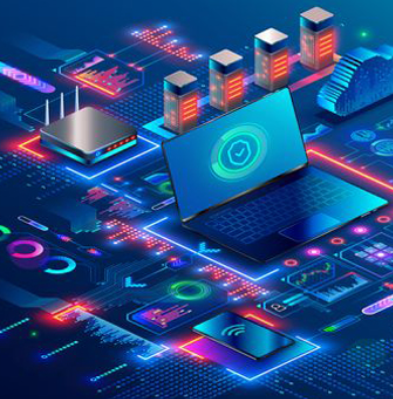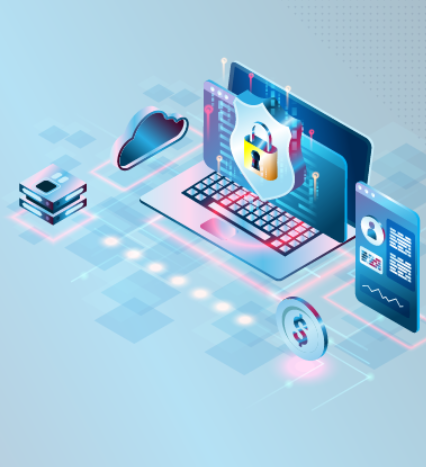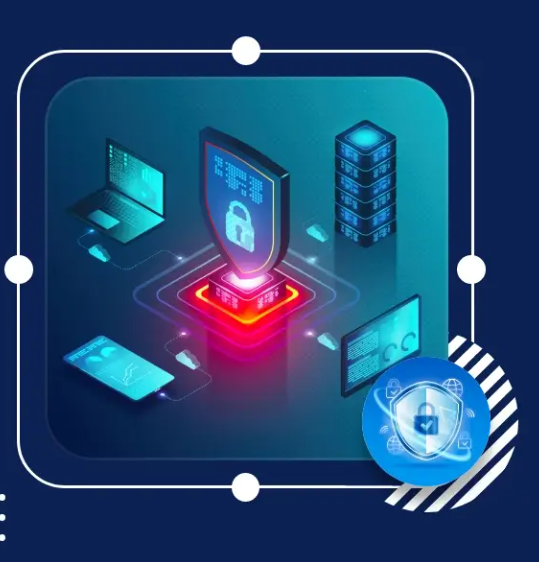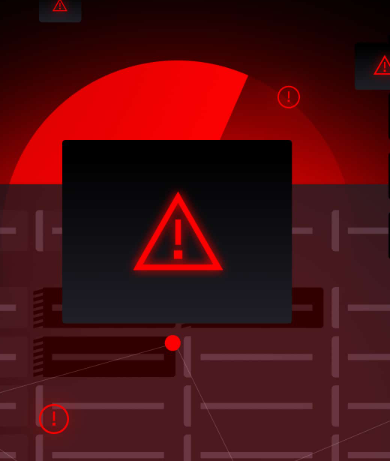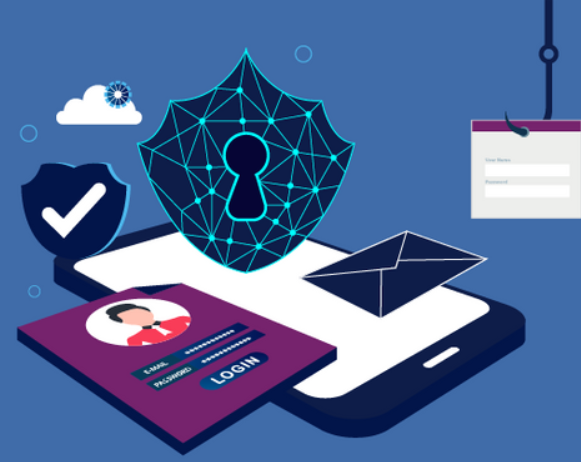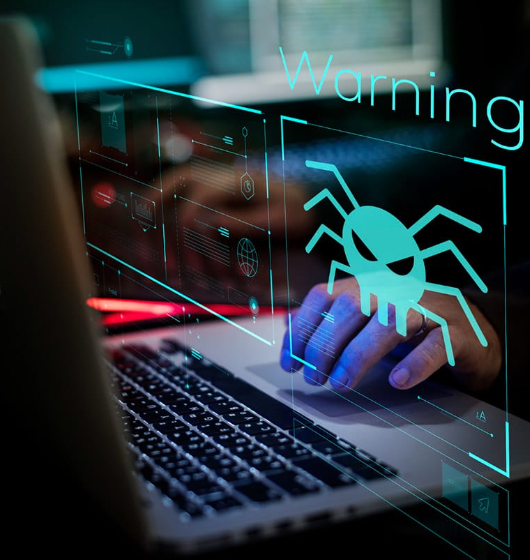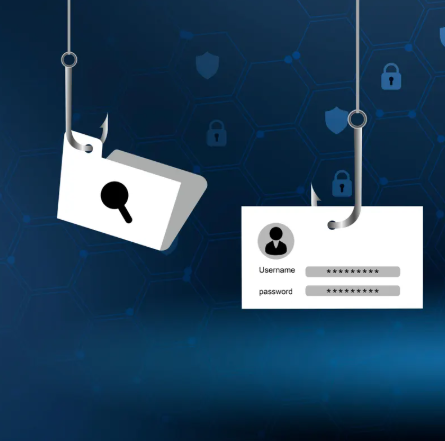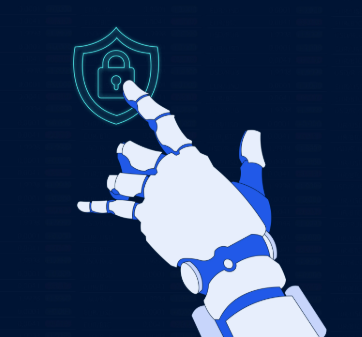
In today’s world, cyberattacks are not a question of “if” but “when.” Organizations across industries are constantly at risk of facing cyber threats, making it essential to prepare with advanced and proactive defense strategies. One of the most effective ways to stay ahead is by incorporating Artificial Intelligence (AI) into your security framework. By leveraging AI, businesses can identify, predict, and neutralize threats before they escalate into major breaches. Moving from a reactive to a proactive security approach is essential—and AI is the key to making that shift.
Why Traditional Security Solutions Are Falling Short
Traditional cybersecurity methods typically depend on predefined threat signatures, manual updates, and reactive responses. While these strategies work well against known risks, they often struggle to detect new or highly targeted attacks, such as zero-day threats. As cybercriminals use more sophisticated methods, static defenses become increasingly ineffective, leaving organizations exposed to evolving risks.
The Impact of AI on Proactive Security
- Predicting Threats Before They Happen
AI can analyze vast amounts of data, including internal system logs, external threat intelligence, and global attack trends, to predict potential vulnerabilities and attack routes. This foresight allows security teams to address weaknesses before they can be exploited. - Constant Monitoring of User Behavior
Unlike traditional tools that react to recognized threats, AI continuously monitors normal system and user behavior. Any deviations—like unusual data access times, transfers, or privilege escalations—prompt an immediate investigation, helping detect issues before they escalate. - Automating Threat Hunting
AI can automate the process of threat hunting, scanning millions of data points in real-time and identifying potential risks that might otherwise go unnoticed. This proactive approach drastically reduces the time cybercriminals can remain undetected in a system. - Prioritizing Alerts Smartly
With the sheer volume of alerts security teams face daily, AI can help prioritize threats based on severity and likelihood. This ensures that the most critical issues are addressed promptly, reducing alert fatigue and allowing for a more focused response. - Speeding Up Incident Response
AI not only detects threats but also accelerates response times by automating initial containment actions. It can isolate infected devices, block malicious IP addresses, or disable compromised accounts—limiting the spread of attacks quickly and efficiently.
Advantages of AI-Driven Security
- Reduced Attack Surface
By identifying and addressing vulnerabilities early, AI reduces the potential points of entry for cybercriminals, making breaches less likely. - Faster Detection and Remediation
AI’s ability to process data rapidly and automate responses means that threats are identified and contained in a fraction of the time it would take with traditional methods, minimizing damage. - Increased Efficiency for Security Teams
AI handles routine, repetitive tasks, freeing up security personnel to focus on more strategic, high-level activities, enhancing overall efficiency. - Better Preparedness for Advanced Threats
AI is highly effective at detecting complex, evolving attacks, including advanced persistent threats and zero-day vulnerabilities. With AI, organizations can better withstand sophisticated cyberattacks. - Boosting Competitive Edge
Organizations that implement AI-driven security not only improve their defense systems but also build trust with customers, partners, and regulators. This proactive approach boosts reputation and strengthens market position.
By utilizing AI in your cybersecurity strategy, you can stay one step ahead of attackers, ensuring quicker responses, improved threat detection, and ultimately, greater protection for your organization.







